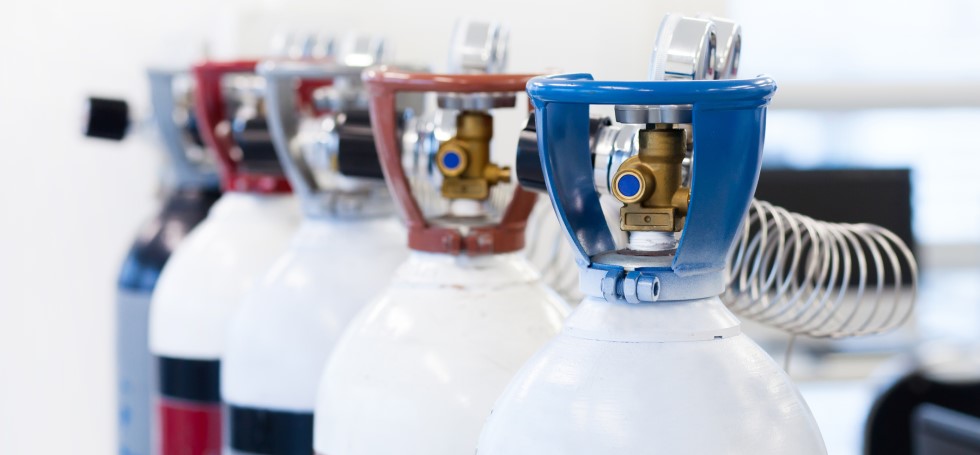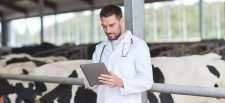Food manufacturers are being urged by assurance provider LRQA to prioritise quality checks when choosing new CO2 suppliers, to minimise food fraud risk.
The warning follows the recent closure of two plants which, according to LRQA, provided a combined total of 60% of the UK’s food grade CO2. The shutdowns were announced as the cost of producing ammonia became more expensive than importing it.
With CO2 already in short supply prior to the shutdowns, some food businesses are having to work with new manufacturers or sellers to fulfil demand.
LRQA agriculture supply chain technical account manager Forbes Fyfe commented: “When one link in a supply chain is affected, it has a knock-on effect. What we’ve learned over the past few years of near-constant global upheaval is that the old ways of thinking about supply chains are becoming obsolete.
“We need to develop resilient supply networks capable of adapting to changes in the world while preserving food safety.”
According to Forbes, the “spotlight” must be on quality and safety as “problems could arise if new suppliers are not thoroughly screened.”
He explained: “Food grade CO2 must be at least 99.9% pure, and beverage grade used in manufacturing carbonated drinks must be even purer. The two grades have different applications in food production and are tested for different contaminants.
“If fraud occurs and food or industry grade CO2 (99.5% pure) is mis-sold as beverage grade, the likelihood of carcinogens entering consumer food products is increased.”
Price increase
According to LRQA, CO2 prices have also significantly increased. It said that ‘FRED’s’ recent figures recorded the price of CO2 in August 2022 at 37% higher than it was four months prior, before the first plant closure was announced.
Forbes added: “To remain competitive, many manufacturers will be looking to make savings, creating a perfect climate for fraudsters to strike by offering cheap alternatives.
“But as we’ve seen time and time again, buying cheap isn’t always best; and the food industry cannot afford to cut corners. In times of change, it’s imperative to maintain vigilance regarding all types of food fraud.”









